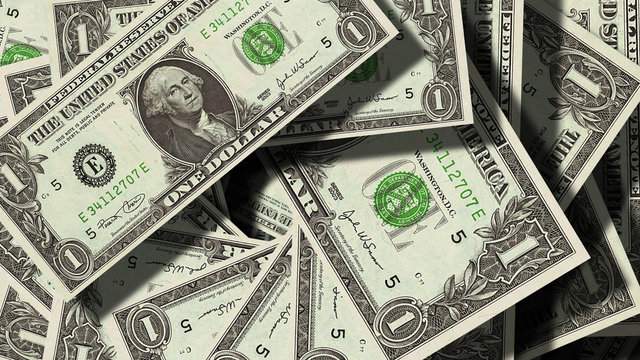MORGANTOWN — What began in 2021 as an effort to shield taxpayers from artificially inflated vehicle values caused by pandemic-induced supply issues has resulted in 2023 property tax sticker shock for some.
In September of 2021, Gov. Jim Justice issued Executive Order No. 25-21 which aimed to combat a sharp jump in automotive values.
The result of the order, in a nutshell, was a one-year freeze on vehicle valuations, meaning the National Automotive Dealers Association values from 2020 were used for both the 2021 and 2022 tax years.
Monongalia County Assessor Mark Musick explained the executive order was a one-time deal made in hopes values would naturally settle back down post-pandemic.
They haven’t.
“The market for vehicles, especially used cars, has gone up. The governor did the one-year freeze and it froze that value for one year … They couldn’t do it again. I think the concern was that if they did it again and the market kept going like this, your percentage was going to increase even more,” Musick said. “Eventually it has to catch up.”
Musick went on to explain that the amount of property taxes you’re being asked to pay on your vehicles is not up to the county assessor.
“The tax commissioner selects which manual to use. We don’t value vehicles. The only thing we do at the office is we look at the manual. We take your VIN number and all that information that you give us. There are three values listed and we take the lowest value, find 60% of that and plug it into the system,” Musick said.
But it’s not all bad news for taxpayers.
The passage of House Bill 2526 puts in place a mechanism for refundable tax credits on various categories of property taxes paid after January 2024 — meaning second half payments for 2023 will be the first to qualify for credits.
For most, that will mean motor vehicle property taxes. But credits are also available on primary residential real property for veterans considered 90%-100% disabled, and small businesses with an aggregate personal property appraised value of $1 million or less.
In order to qualify, individuals must file their personal property assessments by Oct. 1. For businesses, the deadline is Sept. 1.
First half payments must be made before Oct. 1 and second half payments must be received before April 1.
While taxpayers are still welcome to pay for the entire year before Oct. 1, waiting until the first quarter of 2024 to pay the second half will allow for the maximum rebate as part of your 2025 West Virginia tax returns.
Additional information is available at assessor.org.




